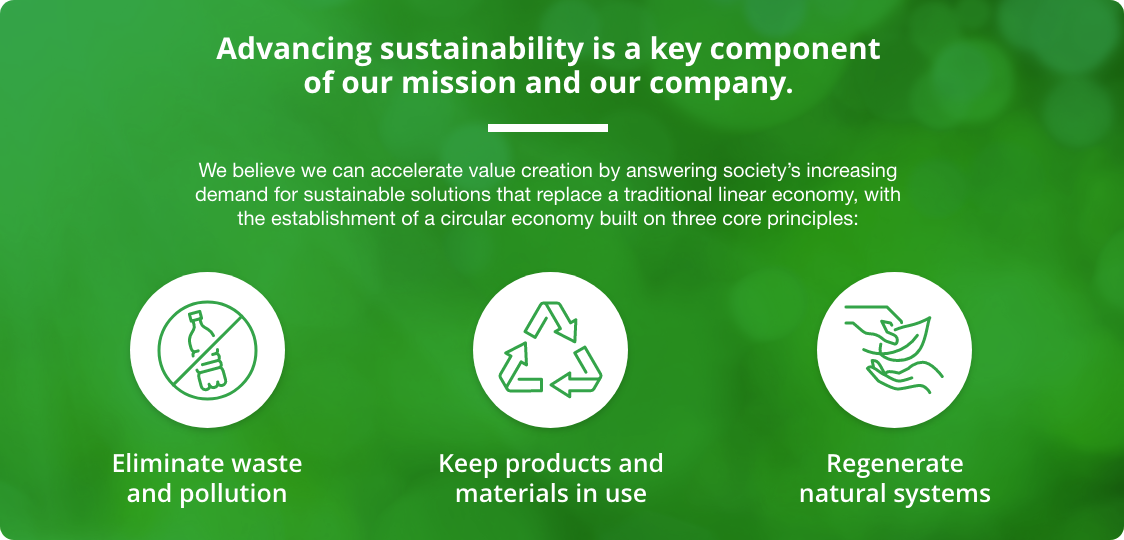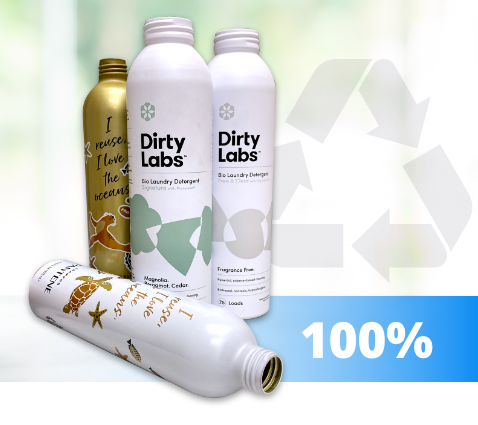Sustainability
LOOKING FOR
CUSTOM ALUMINUM CONTAINERS?
Sustainability at CCL Container

At CCL Container, we are dedicated to doing our part, both as individuals and as an organization, to establish systems and programs that result in a more sustainable future for our planet.
Our role as responsible corporate citizens, drives us to minimize our negative impacts and maximize our value across our entire company’s operations. We believe that we can accelerate value creation by answering society’s increasing demand for sustainable solutions, which will benefit our many supply-chain partners and stakeholders, as well as our company itself.

At our three locations in the United States and Mexico, we focus on reducing waste generation right at the source. We work to identify and implement reuse and recycling opportunities and manage materials in an environmentally respectful way according to the principles of the circular economy. Helping to guide our actions are goals for greenhouse gas emissions, waste, water, and safety.
ALUMINUM’S ROLE CREATING A GREENER ECONOMY
 The markets in which we operate are significantly affected by global challenges like climate change and resource scarcity. As an inherently sustainable resource, aluminum helps our customers face these challenges.
The markets in which we operate are significantly affected by global challenges like climate change and resource scarcity. As an inherently sustainable resource, aluminum helps our customers face these challenges.
Aluminum is a unique metal. It is strong, durable, flexible, impermeable, lightweight, corrosion-resistant, and 100% recyclable. Thanks to its infinite recyclability, without any degradation in its quality, aluminum resides at the pinnacle of the recycling chain. More than two-thirds of all the aluminum ever produced remains in use today.
Aluminum saves more energy during recycling than any other material. Recycling aluminum requires only 5% of the energy when compared with the production of native aluminum from bauxite ore. Aluminum may be recycled and reused again and again at a fraction of the initial production costs without losing any of its characteristics or quality. Recycling of aluminum uses less energy and can offer substantial costs benefits, which appeals to manufactures, end users and environmental groups.

